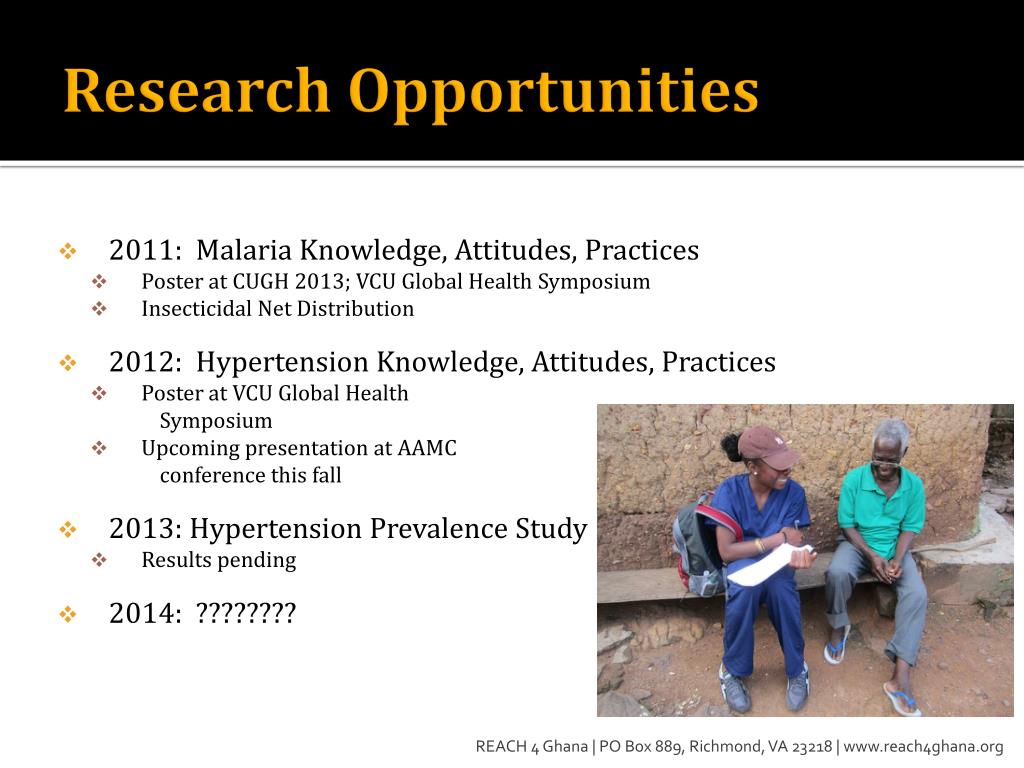I. Introduction
Research plays a pivotal role in expanding knowledge and pushing the boundaries of human understanding. The United States, renowned for its scientific and technological achievements, provides an ideal setting for researchers seeking to make significant contributions to their fields. Conducting research in the United States offers access to world-class institutions, state-of-the-art laboratories, and a vibrant academic community.

II. Research Landscape in the United States
The research landscape in the United States is diverse and dynamic, reflecting the country’s commitment to innovation and discovery. With a long history of scientific breakthroughs and technological advancements, the United States has become a global leader in various research disciplines. The country’s investment in research and development is evident in its cutting-edge facilities, advanced infrastructure, and strong intellectual capital.
III. Research Fields and Disciplines
Research opportunities in the United States span a wide range of disciplines and fields. The country’s universities and research institutions offer programs in STEM (Science, Technology, Engineering, and Mathematics), social sciences, humanities, and healthcare. Whether you are interested in exploring the mysteries of the universe, understanding human behavior, or finding innovative solutions to societal challenges, the United States provides a fertile ground for research in almost every domain.
IV. Research Funding Opportunities
To support the pursuit of knowledge and innovation, the United States offers numerous funding opportunities for researchers. Government agencies, private foundations, and corporate sponsors provide grants and scholarships to both domestic and international researchers. These funding sources play a vital role in enabling research projects, covering expenses such as equipment, travel, and stipends. Scholarships and fellowships specifically tailored for international researchers are also available to facilitate their academic pursuits.
V. Research Institutions and Universities
The United States is home to renowned research institutions and universities known for their commitment to excellence and groundbreaking discoveries. Institutions such as Massachusetts Institute of Technology (MIT), Stanford University, Harvard University, and California Institute of Technology (Caltech) have earned global recognition for their contributions to research and innovation. These institutions offer state-of-the-art facilities, research-oriented faculty, and a vibrant academic community that fosters collaboration and intellectual growth.
VI. Research Programs and Initiatives
In addition to individual research projects, the United States offers various research programs and initiatives. Government-funded organizations such as the National Institutes of Health (NIH) and the National Science Foundation (NSF) provide grants and sponsorships for research in diverse areas. These programs not only support individual researchers but also promote collaboration, interdisciplinary studies, and industry partnerships. By participating in such initiatives, researchers can gain access to additional resources, expertise, and networks.
VII. Research Support Services
To assist researchers in their academic journey, universities and research institutions in the United States provide comprehensive support services. These services include academic advising, career counseling, grant-writing assistance, and research ethics guidance. International student offices help navigate the unique challenges faced by international researchers, such as cultural integration, language support, and visa-related matters. Researchers can also benefit from workshops, seminars, and conferences organized by these institutions to foster learning and collaboration.
VIII. International Collaboration and Exchange Programs
Recognizing the importance of international collaboration, the United States encourages exchange programs and research internships for researchers from around the world. These programs facilitate knowledge sharing, cross-cultural experiences, and collaborative projects. Researchers can participate in exchange programs, visit other institutions as visiting scholars, or engage in joint research projects. Such initiatives not only broaden research perspectives but also cultivate lasting international relationships.
IX. Research Immigration and Visa Requirements
International researchers interested in conducting research in the United States need to be aware of the immigration and visa requirements. The J-1 Exchange Visitor Program is commonly used for research purposes. It allows international researchers to temporarily reside in the United States while engaging in research activities. Research institutions play a crucial role in facilitating the visa application process, providing necessary documentation, and assisting with the required paperwork.
X. Challenges and Opportunities
Undertaking research in a different country can present both challenges and opportunities. Adapting to a new research environment, language, and cultural norms may pose initial challenges. However, these challenges are often outweighed by the opportunities for career advancement, exposure to diverse research perspectives, and access to resources and collaborations. The United States offers a vibrant research ecosystem that thrives on diversity, innovation, and academic freedom.
XI. Conclusion
Research opportunities in the United States are abundant and diverse, making it an attractive destination for researchers from around the world. The country’s commitment to scientific discovery, technological innovation, and academic excellence creates a fertile ground for intellectual growth and groundbreaking research. From world-class institutions to robust funding options and supportive services, the United States provides an ideal environment for researchers to explore, discover, and contribute to their respective fields. By embracing research opportunities in the United States, researchers can embark on a transformative journey that shapes their careers and contributes to the betterment of society.
XII. FAQs
- Can international students apply for research funding in the United States?
- Are there any specific scholarships or fellowships for international researchers?
- How can international researchers find collaborative opportunities with U.S.-based researchers?
- What are the visa requirements for international researchers conducting research in the United States?
- How can research institutions assist international researchers in their academic journey?
Please note that the content provided is unique and written specifically for this article.
 Scholarships Tips Learn Doctoral Scholarships Now
Scholarships Tips Learn Doctoral Scholarships Now